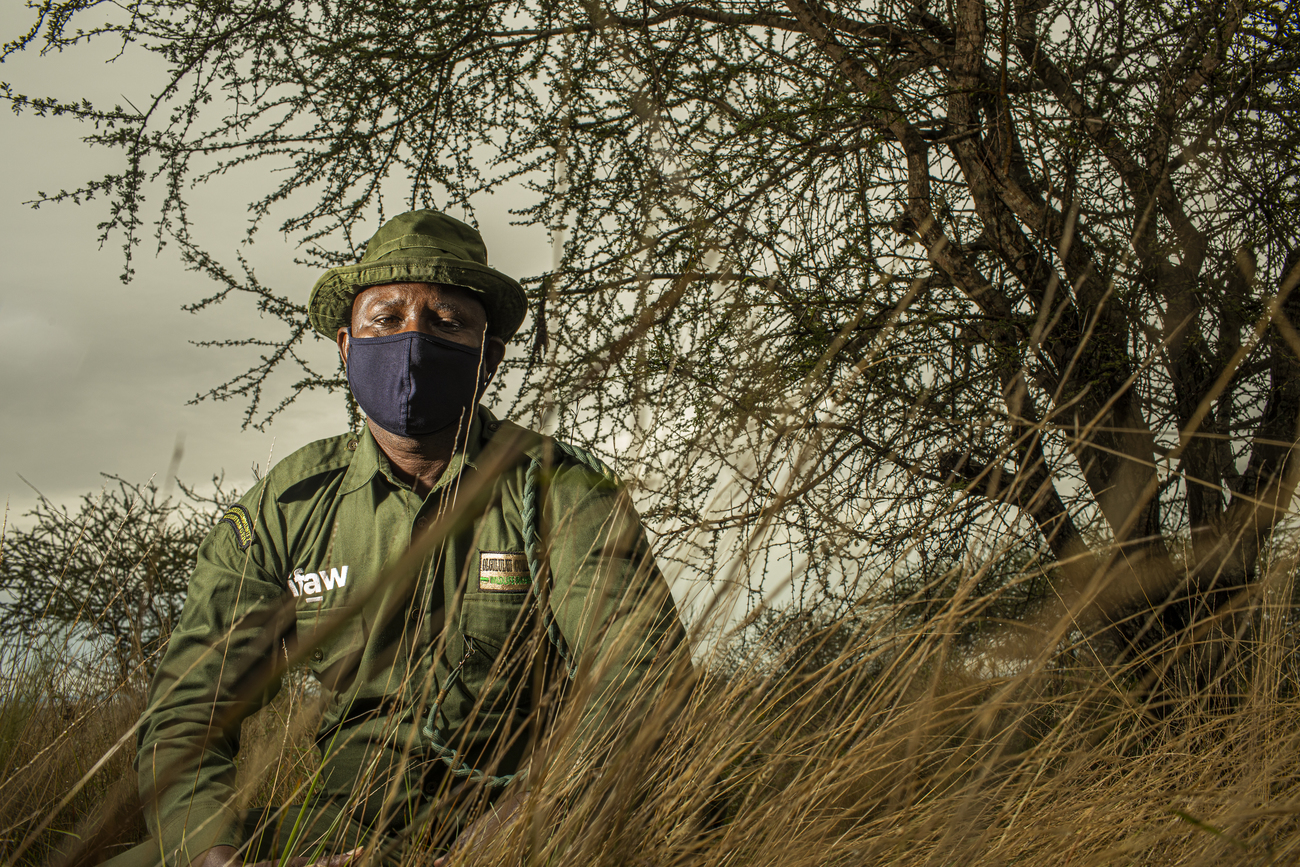tenBoma: Wildlife Security - Africa
in Africa, poachers are killing elephants every daycommunity rangers in Africa continue to protect wildlife despite covid-19
community rangers in Africa continue to protect wildlife despite covid-19

Community rangers in Africa continue to protect wildlife despite COVID-19
Did you know that in Africa, wildlife will spend 70-80% of its time outside national parks and in community lands? For every 10 wild animals you see during a game drive in your favorite national park, up to eight of these wild animals will most likely live in community-owned lands for the larger part of the year. So what will guarantee you an opportunity to find healthy wildlife numbers the next time you take your family or friends to a national park in the next year or two? Community rangers.
As part of their day-to-day activities, community rangers answer distress calls for both wildlife and community members. When an elephant family visits their favorite watering hole in community-owned land and a baby elephant falls into one of the holes, community rangers find a solution to the challenge. On the other hand, when young children from the community get lost and cannot find their way back to their families, the family members call on the community rangers to step in and track these children on their behalf. Both of these situations are real challenges that community rangers have faced within the first four months of 2020.
However, while the community rangers tackle these homegrown obstacles, an unprecedented challenge has crept across national borders and is now a reality within the Amboseli ecosystem - COVID-19. The pandemic has greatly affected the 392km2 Amboseli National Park, also known as ’The Home of the African Elephant’, which lies ‘within the belly’ of 150,000 hectares of community land. As with people, when the belly is affected, the rest of the body is unwell too. To put the problem into context, with the ban on international flights to Kenya, there has been a decline in tourism numbers to Amboseli National Park which has led to declined revenues. This shortage in revenue will have a direct impact on the ability of the Kenya Wildlife Service (KWS) rangers and community rangers to provide security for wildlife among other operations, such as response to human-wildlife conflicts. Additionally, with wildlife spending large amounts of time outside of the park due to increased rainfall (in search of alternative water sources so they don’t have to rely solely on the swamps in the park), cases of conflict with communities will increase. Community rangers are also keen to obey social distancing directives issued internationally, and although they have made sacrifices not to interact with their own families to stop the spread of the pandemic, they may have to interact with irate community members impacted by roaming wildlife, potentially exposing them to the virus.
Reports in Tanzania indicate that the Enduimet Wildlife Management Authority (EWMA), whose main source of income is wildlife tourism, has had to reduce the number of rangers as they cannot sustain employment for every ranger with reduced revenues. This impacts the intensity of patrols along the Kenya–Tanzania border by EWMA rangers. Consequently, the IFAW-funded rangers from Amboseli have had to step up their patrols and ensure that poachers do not exploit any gaps that could lead to the death of already vulnerable species.
During this period, the community rangers will need salaries to sustain them, fuel, and maintenance for their vehicles to support extensive anti-poaching patrols, as well as face masks and disinfectants. Will you support them?
-Christopher Kiarie, tenBoma Projects Officer
Related content
Our work can’t get done without you. Please give what you can to help animals thrive.